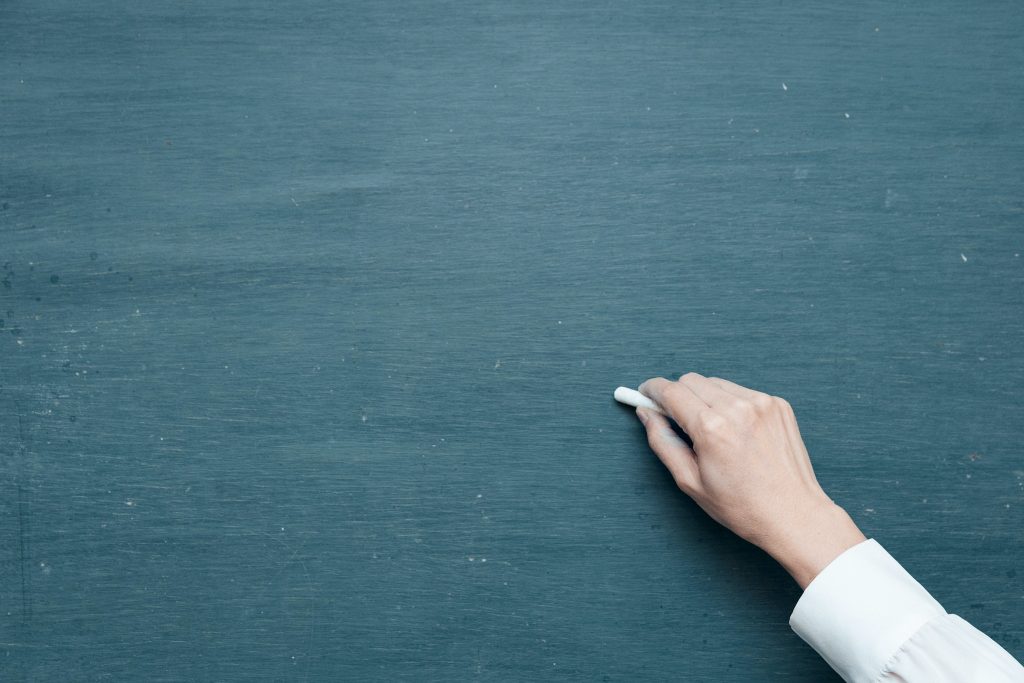
Filipino learners experience difficulty in learning science and mathematics, according to an assessment.
Based on the Philippine Assessment for Learning Loss Solutions conducted by the University of San Carlos (USC) in the last quarter of 2022, only 54.1% passing mark of students was recorded in science.
Meanwhile, 47.5% were logged in mathematics.
USC subjected 3,600 students from Grades 1 to 12 from 18 private schools nationwide to the assessment.
The University attributed the learning loss to the effects of the COVID-19 pandemic.
The Philippines is one of the last countries in the world to resume full-time lessons since the COVID-19 pandemic hit two over three years ago.
Onsite classes in the country gradually resumed August 2022.
“If not addressed collectively, systematically, and urgently, learning loss will translate into huge productivity loss and costly economic consequences,” USC President Fr. Narciso Cellan Jr said.
In 2021, a World Bank study showed that about nine of 10 Filipino children were suffering from “learning poverty” or the inability of children by age 10 to read and understand a simple story.
The Department of Education (DepEd) assured that “learning recovery” is one of the agency’s priorities.
“We have programs that we are looking to roll out this year,” DepEd Spokesperson Atty. Michael Poa said.
“‘Yun po ‘yung national programs natin on reading, mathematics, and science. Mga program na talaga natin na sa tingin ay makatutulong kaagad pagdating sa learning recovery,” Poa added.
Poa said DepEd is also planning to review the “congested” K to 12 curriculum.
“We would like to decongest our curriculum so that our learners can be given more time and time when it comes to fundamental and foundational subject areas such as math, science, and English,” he added. GB/Kenneth Paciente-ag
